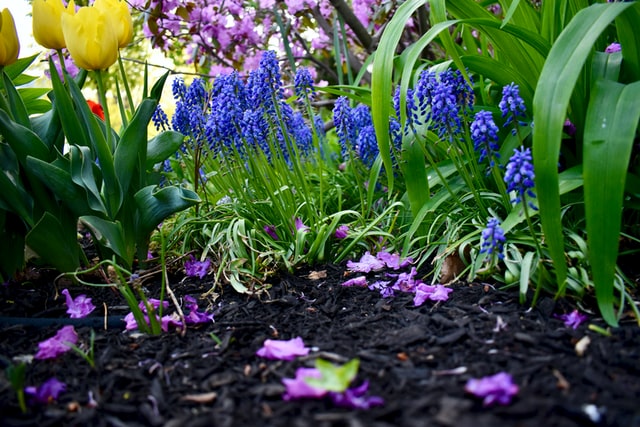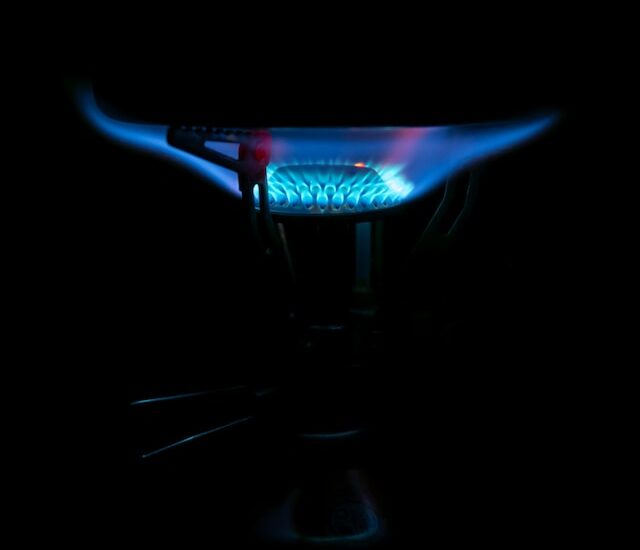What Are the Advantages of Mulching?
Mulching can help you reduce water run-off, control soil temperature, and prevent soil evaporation. It also helps plants retain moisture so that you can water your plants less often. Another advantage of mulching is that it helps regulate soil temperature, keeping roots consistently cool or warm during hot summers or cold winters. These factors help plants grow healthier and thrive more readily. Read on to learn more about mulching and its benefits.
Reduces soil evaporation
A key component of mulching is the conservation of soil moisture. In arid climates, soil water conservation is essential for moisture storage and ineffective evaporation. Mulching can help to reduce soil moisture significantly. Furthermore, plant water requirements must be kept low to maximize these benefits. Therefore, mulching should be used in all projects to maintain a stable soil moisture balance; however, the benefits do not stop there.
Many studies have shown that mulching can reduce evaporation by blocking water exchange between the soil and the atmosphere. It also reduces the amount of heat radiation that reaches the ground. Mulching affects soil infiltration after rainfall and irrigation due to the difference in the surface structure like in mulching Montgomery, AL. Regardless of the type of mulch used, its ability to reduce water evaporation is essential for mulching.
Controls soil temperature
The use of polyolefin-based agricultural mulch films has reduced soil temperatures. The film’s effect is comparable to that of bare soil. Both types of mulch film insulate the soil and help prevent early frost, high temperatures, drought, and overwatering. However, they differ in the way they affect moisture and soil temperature. Listed below are the benefits and drawbacks of using polyolefin-based agricultural mulch films.
Soil temperature varies based on the season and the moisture content. In colder climates, the soil temperature is warm during the day and cold during the night. Soil temperature varies depending on vegetation and soil depth. In colder climates, the addition of organic matter to the soil can help maintain a cooler temperature. In hotter regions, mulching helps retain soil temperature. It also keeps the soil cooler during the summer months.
Improves microbial activity
The soil microbial community plays an essential role in maintaining and cycling nutrients. The diversity of microbial communities affects soil ecosystem circulation and nutrient cycling. The physicochemical properties of soil can also influence microbial community structure and metabolic function. Soil microbial diversity is related to soil management practices. For example, the type of mulching can affect the presence of fungi and bacteria in the soil.
Increasing microbial activity can have positive effects on soil microflora. For instance, organic mulching can encourage the decomposition of organic matter. But the microbial community of soil must be well-watered to thrive. In addition, moderate temperatures can favor microbes. And any physical disturbance to the soil disturbs its habit and structure. Organic matter can also help the soil retain moisture.
Reduces water run-off
When mulching, you can help save water by protecting the soil surface from wind and evaporation. Additionally, mulch keeps the soil cooler in the summer, and warmer in the winter, which helps the roots grow and plants thrive. Lastly, mulch helps prevent water run-off by decreasing the rate of evaporation and rain splash. Mulching also helps stabilize the soil and prevent erosion, particularly in steep areas.
Using mulch to reduce water run-off is an excellent way to combat urban flooding and minimize economic costs. Research shows that mulching can be applied at 0.50 kg/m2.



